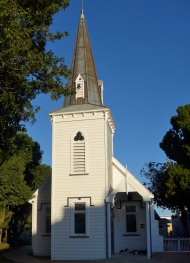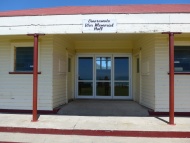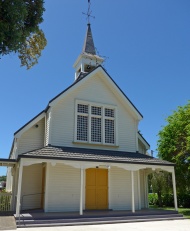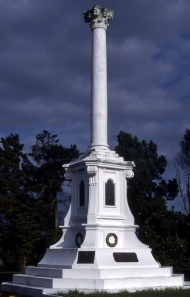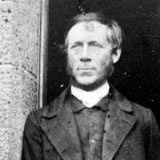 Carl Völkner
Carl Völkner
On 2 March 1865 Carl Völkner, a German-born missionary, was hanged from a willow tree near his church at Opotiki. Followers of a new religion, Pai Marire, who suspected Völkner of spying for the government, were held responsible.
Read more...Articles
Pai Marire

Pai Marire (goodness and peace) was one of several Maori Christian faiths to emerge in the 19th century. Like many others, it was closely tied to issues of land and politics.
- Page 3 - The death of Carl VölknerThe ritual killing by Pai Mārire followers of missionary Carl Völkner in 1865 shocked many people. The government used the event as a reason to take harsh action against Pai
The death penalty

The first execution in New Zealand was that of a young Maori named Maketu, convicted at Auckland in 1842. Walter Bolton became the last to be executed when he was hanged at Mount Eden prison in 1957. In total there were 83 verified executions for murder and one for treason in New Zealand between these dates.
- Page 3 - Mokomoko and VölknerThe Te Whakatōhea chief Mokomoko was one of five Māori executed on 17 May 1866 for being implicated in the murder of the missionary Carl Volkner at Ōpōtiki in 1865. The
Town in the eastern Bay of Plenty, 60 km south-east of Whakatāne in the centre of the traditional tribal area of Te Whakatōhea. A Church Missionary Society (Anglican) station was established in 1840. The settlement was also the site of a significant incident in the New Zealand Wars: the missionary Carl Völkner was executed there by Māori on 2 March 1865. The reason given was that while under their protection, he had been acting as a government agent. In the aftermath much Te Whakatōhea land was confiscated. Military settlers were allocated land in the district and Ōpōtiki became a government centre in the Bay of Plenty.

